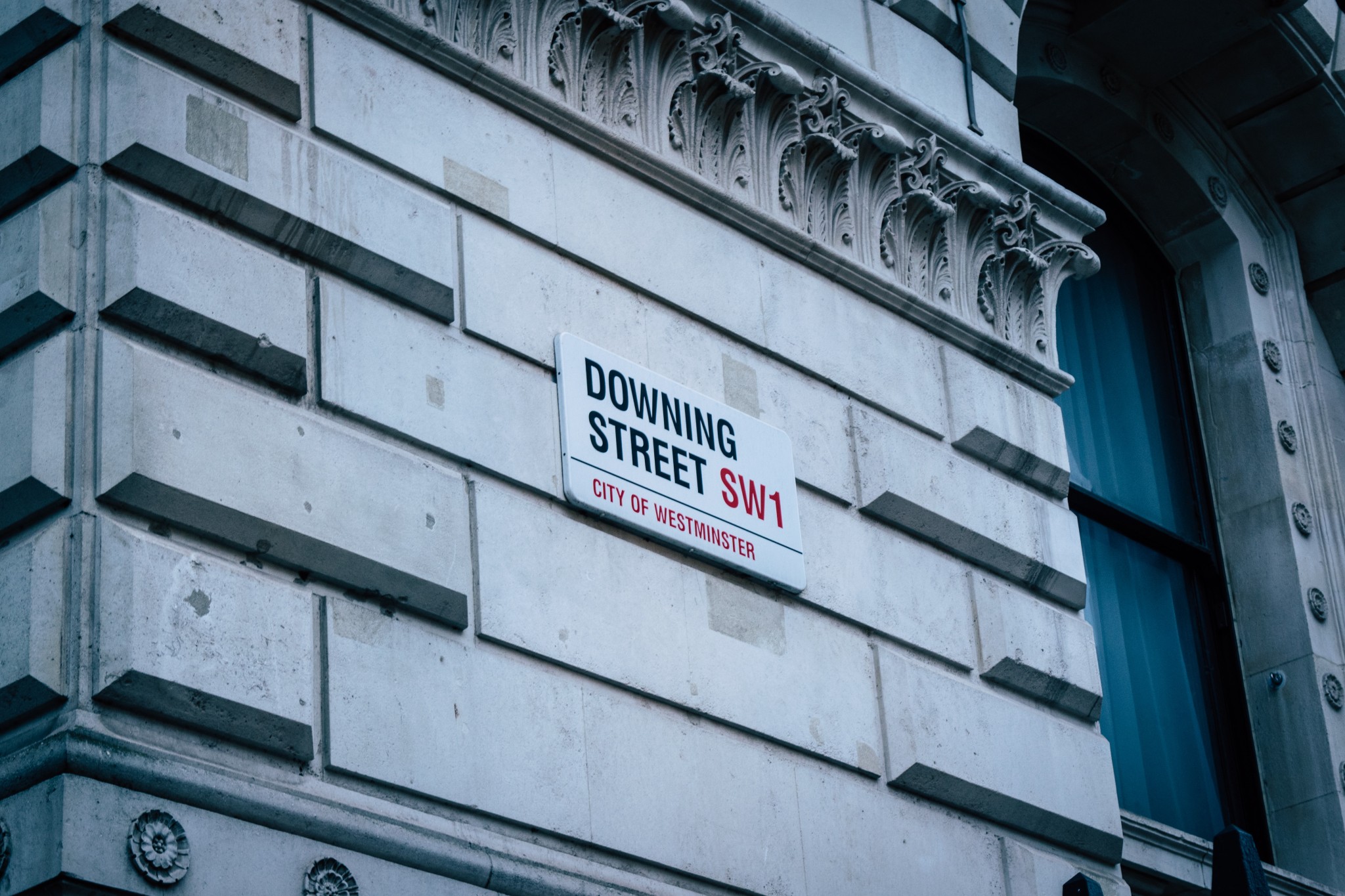
This piece by Michael Hayman originally appeared in City A.M, see here
Political wisdom has it that the first hundred days of any new government is its most vital opportunity to set its agenda.
Not so with this government. Having just racked up its first 50 days, it risks accusations of being coy by its lack of public visibility and the paucity of new policy proclamations since it was elected.
But things might be about to change. The most likely moment for a great reveal (aside from the prospects of a reshuffle hinted at on Valentine’s Day), is the Budget in March. Trailed as the great renewal moment for Boris Johnson’s new brand of Conservatism, there is much riding on the government getting this right.
So far, the early days of Team Boris are being marked by a rise in overall confidence in general, but an anxiety among various interest groups about what happens next.
A very good example of this is business. All of the anecdotal (and currency) evidence suggests that the election itself was a moment of great relief for most leaders of big and small firms alike. The spectre of a high tax, anti-business Labour regime proved much more of a mobilising factor than the fear of Brexit.
And to a large extent, the decisive result provided an elegant way for the CBI and the rest to raise the white flag on the case for remaining in the EU. The voters had decided for them. Time to get on with making it work.
But any hopes that business would return to the high table as both the beacon and purpose of a Conservative government simply have not been realised. Enterprise and wealth creation — once the watch-words of the self-styled party of business — seem to have, for the moment, vanished.
While the retail labels of the political parties remain, much has changed in how they operate behind the scenes. That has been driven in part by the nature of the result itself: it’s Pudsey in West Yorkshire not Putney in London that this government means when it speaks of the “place agenda” in its industrial strategy. And it is public services not private enterprise that, at least at this stage, appear to be its driving passion.
In not knowing where it stands, business is beginning to fret — but not on the issues you might expect.
Most business leaders I meet are of the stoical opinion that, while Brexit means disruption, a three-year window is enough time to be prepared and that companies will adapt to these new realities, whether they like them or not.
No, the battle lines are being drawn elsewhere — and they start with the growing rumours that the government intends to scrap entrepreneurs’ relief.
Long hailed as the global gold standard for encouraging enterprise, this innovative tax break allows entrepreneurs to draw out the proceeds of a sale of their company at a 10 per cent tax rate. The rationale is that, having taken the risk to build a business from scratch, founders deserve recognition and reward for the wealth creation and societal benefit that has ensued.
For years, entrepreneurs’ relief has been the flagship enterprise policy — and one that businesses around the world cite when lionising liberal pro-business policies in the UK.
But the rumour mill suggests that the government sees it differently: as just another way for the rich to get richer rather than the thrifty to thrive — and therefore something that could easily be scrapped to signal the shift in tone and agenda.
It’s a sign of how much things are changing that, despite the growing anxiety around the fate of entrepreneurs’ relief in the business community, the government has not moved to stop the rot and clarify its intentions.
Such is the nature of strong majority government. Not every issue is a crisis that requires support from all corners, and not every interest group will be treated equally.
It is, of course, not true that a lack of public proclamations equates to government inaction. Many in government point back to New Labour in 1997 as the last time an incoming administration hit the corridors of Whitehall with this level of energy. Things are happening behind closed doors. Change is certainly coming.
But preparing the ground for that change — and communicating it — is something that the government must get around to sooner rather than later.
While Team Boris is rightly focusing on public services and trade deals, you need a thriving business environment to pay for those services, and trade deals are only any good if behind them you have eager, productive companies which are ready to trade.
For this and many other reasons, the government must carve out a stronger place for business as part of its new emerging world view. If the nation is to prosper in the new circumstances it is gearing up to face in a post-Brexit world, everyone is going to have to be at the top of their game.
And that means galvanising the private as well as the public sector. For, as it was once wisely said, the void created by a failure to communicate is rapidly filled with poison and misrepresentation.